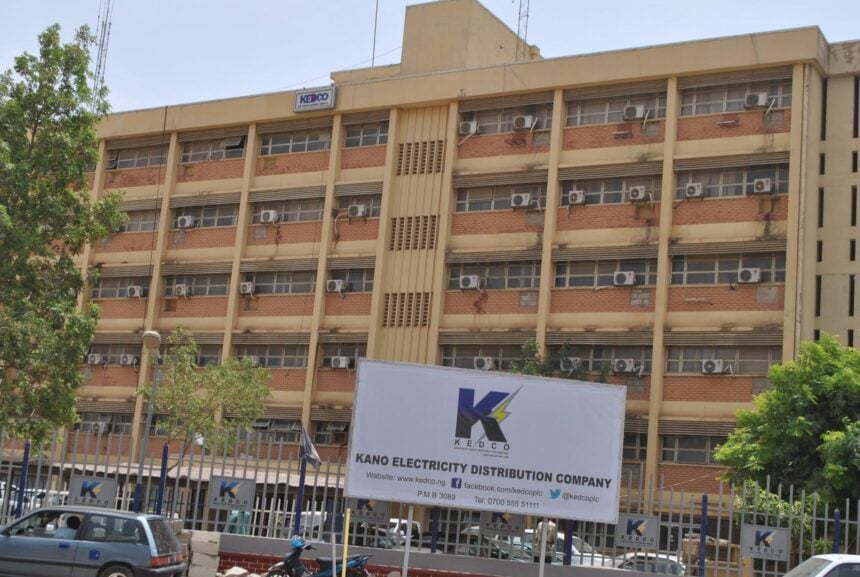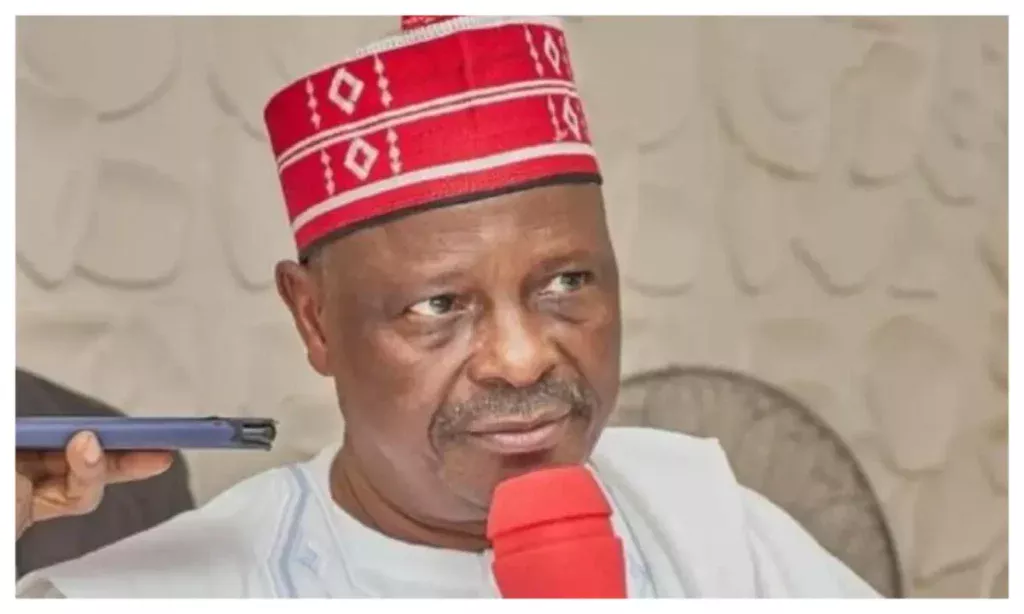Legal luminaries and policymakers in Nigeria’s justice sector have converged in the nation’s capital, Abuja, to deliberate on addressing disparities in accessing justice for all citizens, irrespective of their background or social standing.
Leading the charge is Nigeria’s Attorney General and Minister of Justice, Lateef Fagbemi, who is spearheading the quest for equality in the country’s legal landscape.
Fagbemi highlighted the critical nature of the gathering, emphasizing the need for seamless cooperation and collaboration between the Federal Government and the governments of the component states of the Federation. He underscored the pivotal role of Attorney Generals’ offices in fortifying the efficacy, functionality, and sustainability of reforms in the justice sector, underscoring Nigeria’s constitutional foundation.
Since assuming office, Fagbemi has engaged with various stakeholders, including the Governors’ Forum, legislative and judicial arms of government, the public and private sectors, professional bodies, individuals, and stakeholders across diverse sectors, all geared towards fostering collaboration to meet the needs of Nigerians.
Furthermore, Fagbemi urged the Attorneys Generals to ensure the full implementation of financial autonomy for the judiciary across states, as enshrined in Section 121(3)&(4) of the Constitution. Emphasizing the imperative of beefing up the judiciary’s capabilities, both in human resources and infrastructure, he advocated for investments in technology to automate crucial aspects of court operations and ultimately usher in a digital justice delivery system.
According to Fagbemi, “Access to justice goes to the very heart of what our mandate entails,” illuminating the essence of their mission.
Mohammed Monguno, Chairman of the Senate committee on justice, lauded the timing of the gathering, citing prevalent challenges confronting the country’s judiciary, including conflicting judgments from Election Petition Tribunals and the Court of Appeal, the implementation of the Data Protection Act 2023, and factors affecting the execution of the Administration of the Criminal Justice Act 2015.
Similarly, Olumide Osoba, Chairman of the House of Representatives committee on justice, emphasized that addressing equitable access to justice necessitates a multi-pronged approach, involving coordination and collaboration between the government and civil society organizations. He advocated for investments in enhancing access to justice through legal aid, community-based paralegal services, and technology-driven solutions, alongside building trust and confidence in the justice system by engaging with marginalized communities to address their concerns.
Osoba further highlighted the need to rectify the disproportionate representation of minorities in the criminal justice system, echoing the sentiment for fair and unbiased legal processes.
The conference of Attorneys Generals is poised to produce robust resolutions that will address the ongoing challenges within the justice system, fundamentally reshaping the landscape of justice accessibility in Nigeria.



